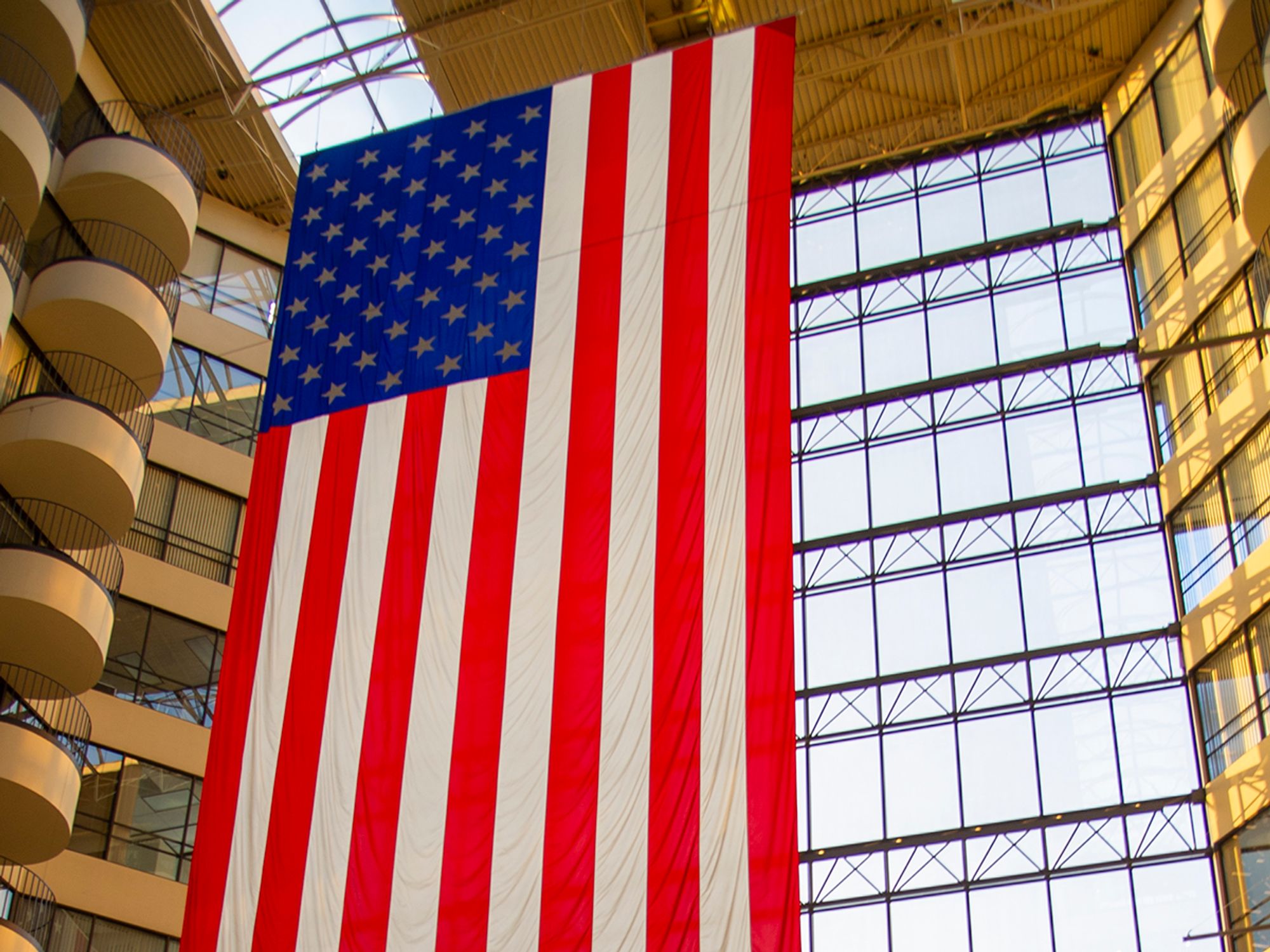Homeland security

- Motor carriers and drivers play an important role in keeping borders, cargo, and the community safe.
A motor carrier company and its employees should be trained to act as custodians of security to guard cargo and borders from criminals or acts of terror. The Department of Homeland Security (DHS) is an organization consisting of several critical agencies that help prevent terrorist attacks with the United States, reduce American vulnerability to terrorism, and minimize the damage and recovery from attacks that might occur.
Role for motor carriers
Motor carriers may be required to adhere to regulations and laws on securing freight through DHS and its agencies. Employers and drivers should know the mission and purpose of the DHS, the Transportation Security Administration, and U.S. Customs and Border Protection. When entering Canada, carriers must be familiar with the Canada Border Services Agency. This will help employers write important security polices and vet the drivers transporting at-risk cargo.
Security credentials
Drivers need specific security credentials to cross borders, transport hazardous materials, and enter secured areas at U.S. seaports.
See hazardous materials security plans and hazardous materials employee security training.
